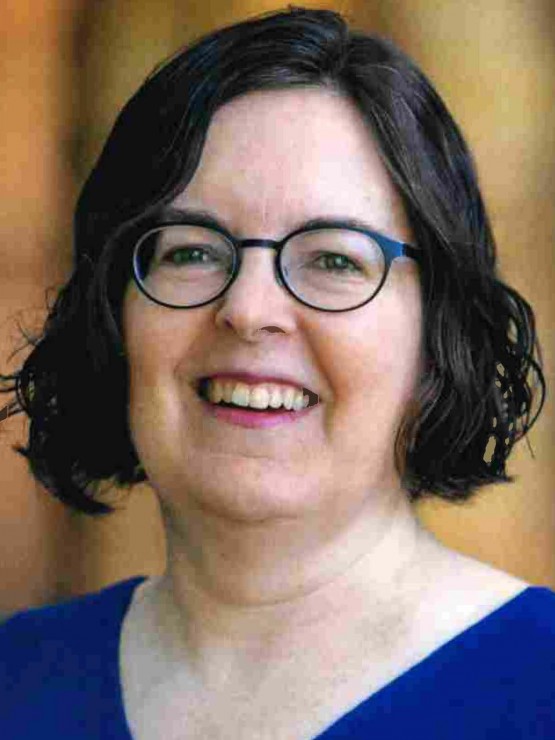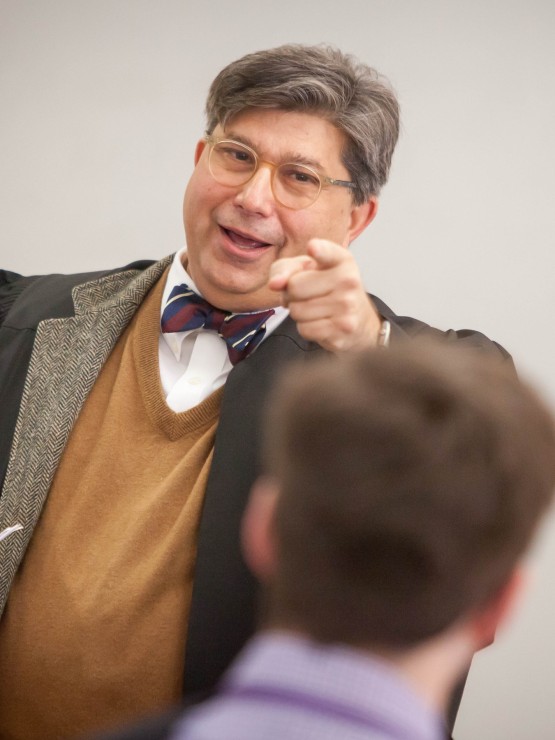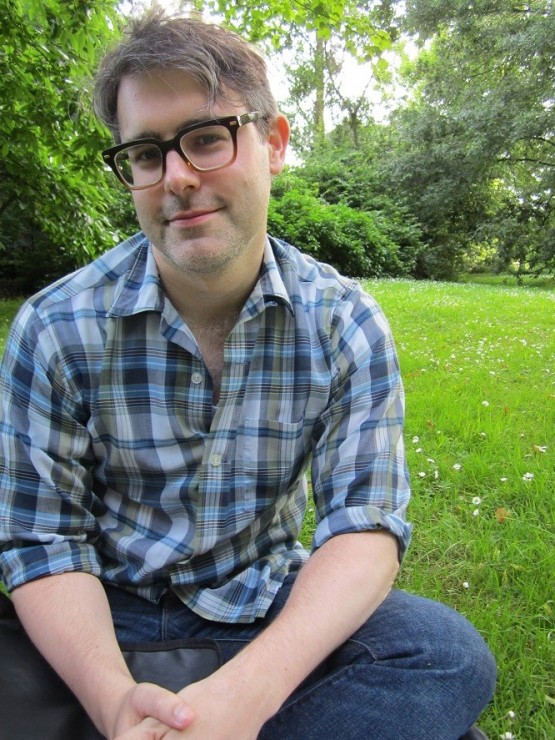
Stephane Batkie: Medieval Aesthetics and Politics
My work is interested in how medieval literature in England uses, creates, and extends aesthetic values and structures in the political sphere. I look at Middle English and Anglo-Latin poetics to understand how form and textual surfaces generate a sense of political agency in the period. To this end, I consider matters of what I call the ethics of attention, poetics of sound and perception, manuscript culture, and the experimental nature of inter-linguistic context in the 12th-15th centuries.





